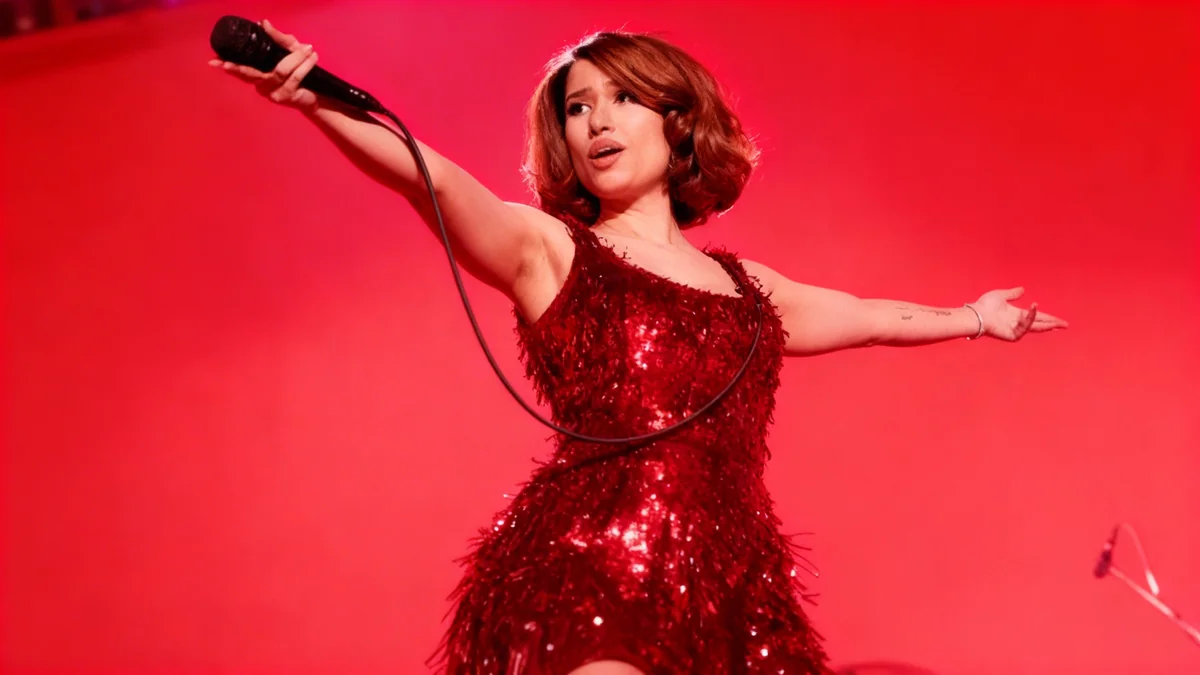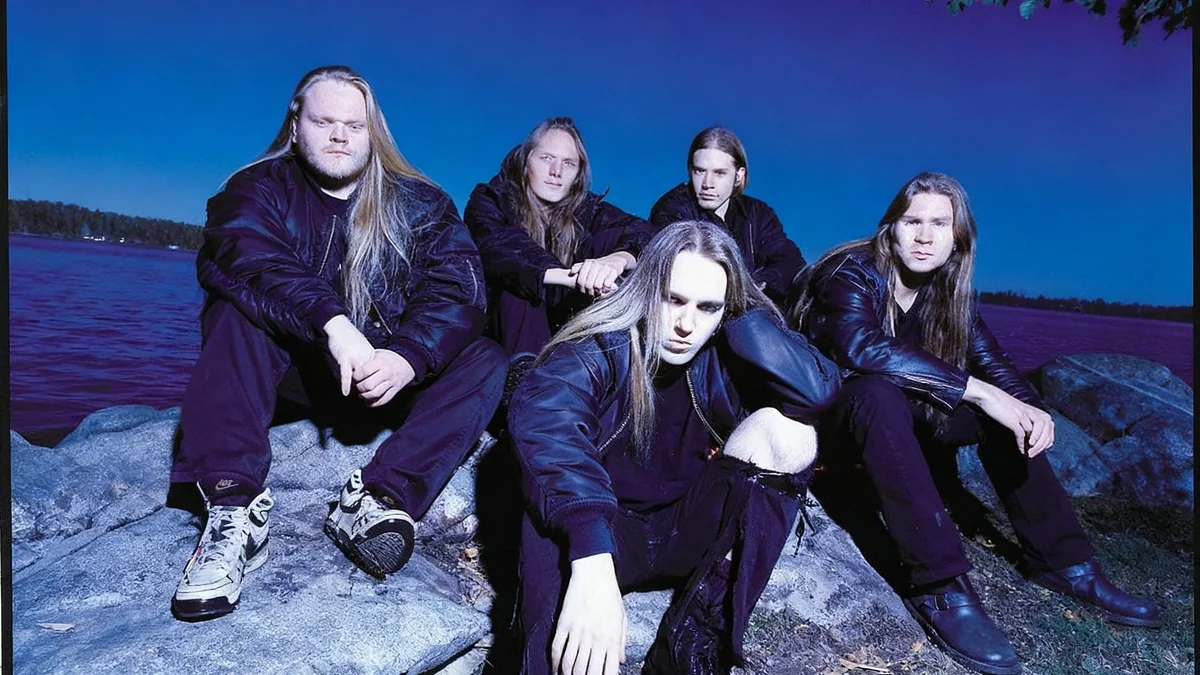British pop music artist Dua Lipa has reportedly changed her agent. The move follows her agent's involvement in a letter urging the removal of the Irish rap group Kneecap from the Glastonbury music festival. This development highlights ongoing discussions within the music industry regarding geopolitical issues and artistic expression.
Key Takeaways
- Dua Lipa reportedly ended her professional relationship with agent David Levy.
- The change occurred after Levy signed a letter to Glastonbury organizers regarding Kneecap.
- Kneecap faces terrorism charges in the UK and was banned from Canada.
- Other artists, including Massive Attack, are also seeking to block music streaming in Israel.
- Dua Lipa has publicly expressed pro-Palestinian views.
Dua Lipa's Agent Change and Festival Controversy
Dua Lipa, a Grammy Award-winning singer, has reportedly ceased working with her long-term agent, David Levy. This decision came after Levy was among the first signatories on a letter sent to the organizers of the Glastonbury music festival. The letter requested the removal of the Irish rap group Kneecap from the festival lineup.
According to reports, the singer will remain with her current talent agency, William Morris Endeavor. However, she will now be represented by a different agent within the same agency. This internal change reflects a significant shift in her professional team.
"Dua made sure through her people that David Levy wasn’t working on her music any more. She is very openly pro-Palestine and that doesn’t align with David," a music industry source told The Mail on Sunday.
Reasons Behind the Agent Change
Sources close to the situation indicate that Dua Lipa's strong pro-Palestinian stance played a key role in her decision. The singer's views reportedly conflict with the position taken by David Levy. Levy's signing of the letter to Glastonbury organizers was seen as supporting Israel's actions in Gaza.
The source further stated that Lipa views Levy as a supporter of Israel's war in Gaza. She also considers him to be in favor of the treatment of Palestinians. This perspective was reportedly made clear through the letter Levy signed and sent to Michael Eavis, a co-founder of the Glastonbury Festival.
Fact Check
- Dua Lipa was one of over 300 celebrities who signed a letter to UK Prime Minister Keir Starmer in May.
- This letter urged the UK government to end its "complicity" in the ongoing conflict in Gaza.
- Her public statements consistently align with a critical view of Israel's policies.
Kneecap's Controversies and Festival Ban Efforts
Kneecap, the Irish rap group at the center of this controversy, has faced several challenges. One of its members is currently facing terrorism charges in the United Kingdom. These charges stem from an incident where the member allegedly displayed a Hezbollah flag during a concert.
Beyond the UK, Kneecap has also encountered international travel restrictions. The group was recently banned from entering Canada due to the ongoing terrorism charges against its member. This ban led to the cancellation of a sold-out US tour, affecting their global performance schedule.
The letter sent to Glastonbury organizers aimed to prevent Kneecap from performing at the renowned festival. This effort highlights the increasing pressure on cultural events to address political issues. Festival organizers often face scrutiny over artist selections.
Background on Glastonbury
Glastonbury Festival is one of the world's largest and most famous music and performing arts festivals. It takes place annually in Somerset, England. Known for its diverse lineup and often incorporating political and social themes, the festival draws hundreds of thousands of attendees each year.
Wider Music Industry Boycott Movements
The situation with Dua Lipa and Kneecap is part of a broader trend within the music industry. A growing number of musical artists are participating in initiatives to block their music from being streamed in Israel. This movement seeks to mirror the 'Film Works for Palestine' boycott, which targets Israeli film institutions.
Among the artists joining this initiative is the British trip-hop group Massive Attack. Last Thursday, Massive Attack announced that they had requested their record label remove their songs from Spotify. Their decision was based on Spotify's investments in Helsing, a European defense start-up.
Massive Attack's Stance on Spotify and Defense Investments
Massive Attack openly criticized Spotify's financial ties to the defense sector. The defense company, Helsing, issued a statement clarifying that its technologies are not used outside of Europe. Despite this, Massive Attack proceeded with their request for music removal.
The group used social media to express their views and encourage other musicians to take similar actions. They emphasized the importance of artists channeling their emotions into meaningful actions to support Palestinians.
"We’d appeal to all musicians to transfer their sadness, anger and artistic contributions into a coherent, reasonable and vital action to end the unspeakable hell being visited upon the Palestinians hour after hour," Massive Attack wrote in an Instagram post.
This collective action by various artists reflects a growing sentiment. Many musicians are using their platforms to advocate for political causes. They are also challenging the business practices of streaming platforms and other corporations.
The intersection of music, politics, and social activism continues to shape the decisions of artists and industry professionals alike. These developments highlight the complex ethical considerations faced by individuals and organizations within the global entertainment sector.




